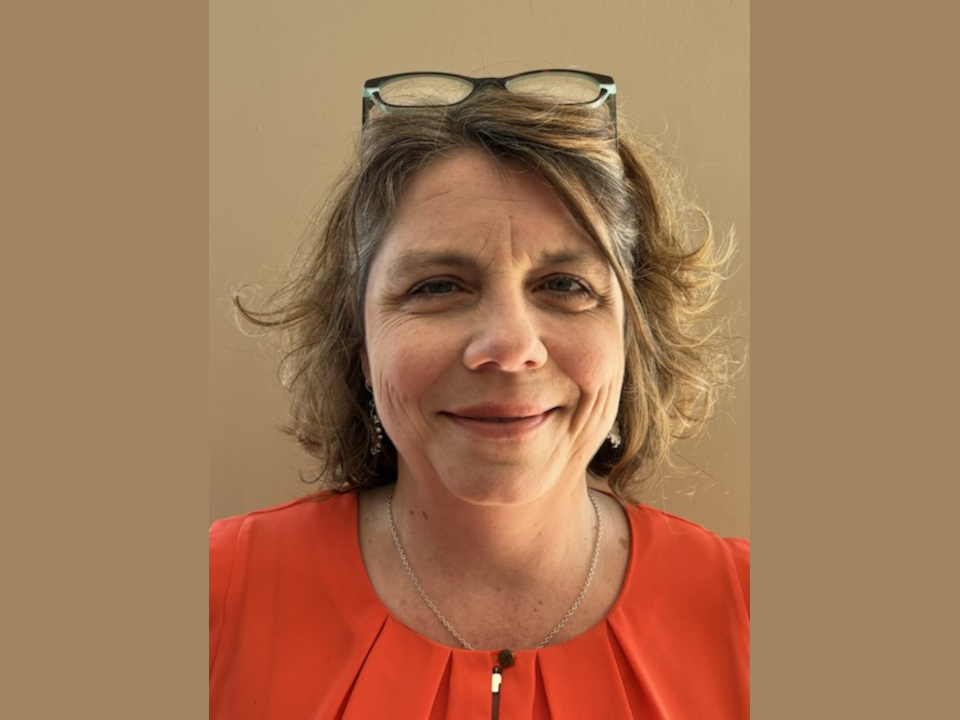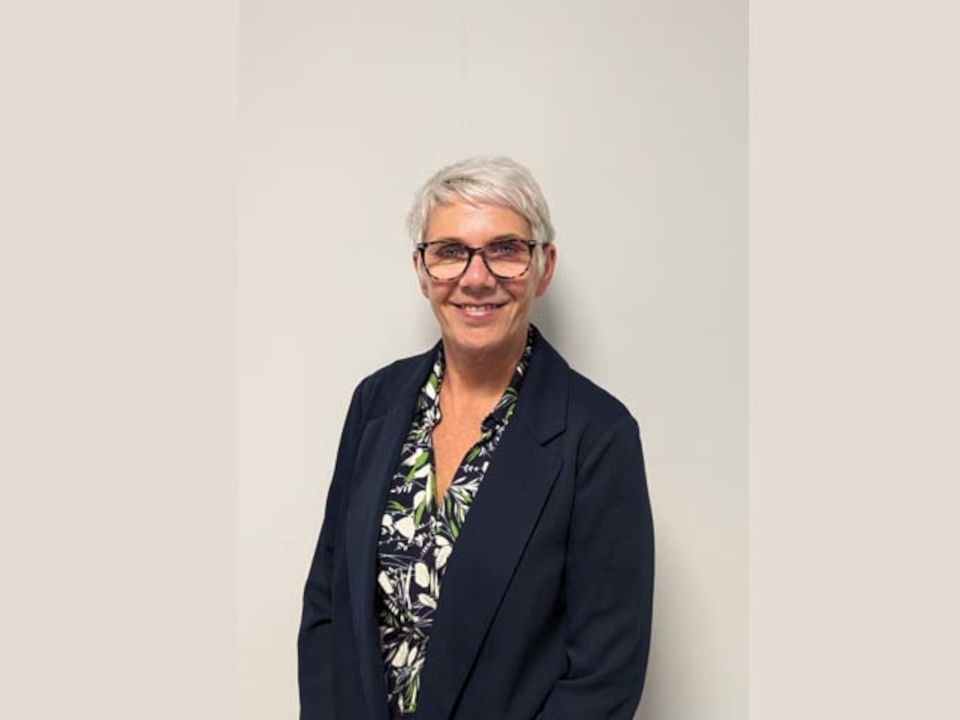
Chris Munday
Chair ADCS Resource & Strategy Policy Committee
Executice Director for Children and Family Services.
Barnet London Borough Council
Across the country we are focussing on Children’s Mental Health week. It is such a great initiative and Place2be has a range of resources for both schools and families. The campaign has a clear message about the importance of listening to children and young people about their mental health needs and doing something about it.
We have just developed a Mental Health charter in Barnet agreed by all our partners, co-produced with children and young people. There were some clear messages. Children emphasised that mental health and well-being is as important to them as physical health. They expressed clear views about how world events impacted on children’s mental health, with the impact of war and conflict causing increased anxiety and concern, at this present time, probably exacerbated by social media and 24-hour news cycles. They talked about timely access to the support they need. In some other work another group of young people in Tier 4 mental health in-patient services were explicit about their desire to be discharged from that provision in a timely way and frustrated that they can’t be. These are not high expectations; young people are not outrageous in their demands. Yet we struggle when responding to these sensible and helpful insights from our children and young people. We struggle because the provision and the system we operate in is not fit for purpose in 21st century Britain.
I hope we would all agree that there is insufficient investment in children’s mental health. The roll out of mental health teams in schools is slow with still significant numbers of schools not benefiting from the investment in prevention. Waiting lists for specialist CAMHS assessment and intervention are too long leaving children and families without access to the support they need, escalating concerns with their mental health and wellbeing and facing considerable stress. Decisions to close some Tier 4 mental health beds have not come with investment into alternative types of provision which could meet the needs of children who can’t return to their families. This has led to an increase in applications for Deprivation of Liberty Orders and young people in provision that does not meet their complex needs. ADCS has been doing some work to understand the costliest placements across local authorities, including what some of the common factors and drivers are. We’re still looking through the detail but it is clear that those placements costing the most are for children with complex needs and described by the Nuffield Family Observatory as “children with very complex mental health needs but who do not meet criteria for detention under the Mental Health Act”.
As committed leaders we want the best outcomes for our children, but we can’t do this alone. We need an effective coalition across health, children’s services, schools and the voluntary sector to tackle this mental health crisis in England. For a number of years ADCS has called for an independent review of children’s mental health and well-being services. I renew that call. If we genuinely want to listen to children, we need fundamental reform and investment in this most critical area of policy and practice.





